Incentivizing Tenant Renewal
Landlord & Tenant Advocates: If a landlord has a reliable tenant in possession of the premises, it may be prudent to incentivize the tenant to stay and extend their initial lease term.
Given the costs associated with a tenant vacating a space (e.g., loss of revenue from a vacancy turnover, free rent concessions, payment of a 100% brokerage commission to a tenant’s broker (with an additional 50% “override” on office deals for the landlord’s broker), legal and architectural fees, and the possibility of providing both landlord’s work along with a tenant improvement allowance), landlords should consider granting a “hometown discount” or a few concession-like “bones” to their tenants for renewing (e.g., a small free rent concession and/or a $10 PSF improvement allowance for cosmetic upgrades such as new paint and carpeting), even though many landlords are loathe to treat their existing tenant as if they were a true free agent.
Tenant Advocates: A compelling and convincing argument can be made that the inclusion of a renewal option very well may be one of the only clauses contained within a commercial lease which is pro-tenant.
Landlord Advocates: Unless the context of the market and the transaction dictate otherwise, please know that as a landlord broker and/or attorney, wherever possible, it is incumbent upon you to create rules and restrictions on the exercise of the renewal option.
Landlord Advocates: Subject to compliance by the tenant with a myriad of terms and conditions to be contained in the lease, it is generally nonsensical for a landlord not to agree to a renewal option while negotiating the LOI in light of the facts that (a) loss of revenue is a byproduct of a tenant relocating to another building and (b) when it comes to a tenant paying its rent to a landlord other than themselves, like the song by The Police goes, landlords “can’t stand losing you.”
Assignability of the Renewal Option
Landlord Advocates: The LOI should limit the ability to exercise the renewal option right, so that it is personal to that of the tenant only. This means excluding any potential assignees or related entities.
Tenant Advocates: The existence of a renewal option makes a lease significantly more valuable, especially in a retail space. Extending the right to exercise the renewal option not only to the named tenant, but also to any parent, affiliate, subsidiary or permitted assignee of the named tenant is imperative. For example, if a retail tenant is looking to sell its business or, if the use and assignment and subletting clauses have not been well drafted by the landlord, and the tenant wants to monetize its below market lease as a way of securing a substantial amount of key money for it, the existence of the renewal option is a conduit to doing so.
Loss of Renewal Rights
Tenant Advocates: Many leases subtly, yet effectively, strip a tenant of its renewal rights if it has “ever been in default during the lease term” or if it has “not been timely” in its payment of rent to landlord. Although the “default ask” by the landlord is both essential and fair, at the same time, the existence of the word “ever” and phrase “not been timely” is not. Thus, make sure that (1) “not been timely” is stricken and (2) “ever” is either stricken from the LOI (or at least changed to “then in default”).
Landlord Advocates: As a word of caution to landlord advocates, as tenants have less negotiating leverage during lease negotiations, most landlords prefer to hold off on including the “ever in default” and “not timely” concepts during the LOI stage.
Tenant Advocates: As to the word “default,” whenever seen all by its lonesome, consider, at a minimum, adding the language “beyond the expiration of any applicable notice and cure period” immediately after the word.

